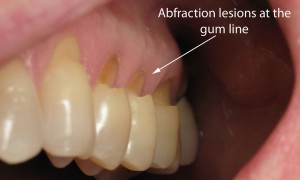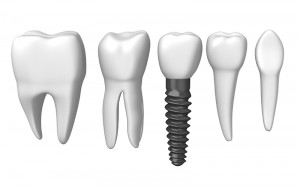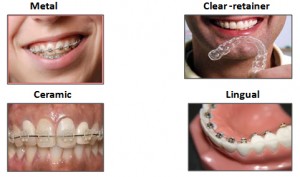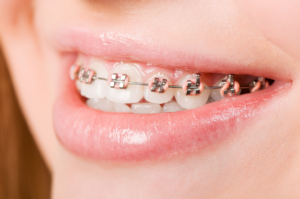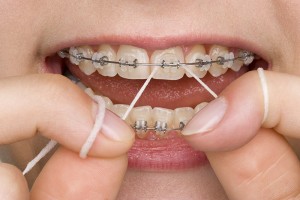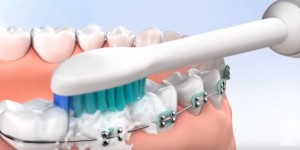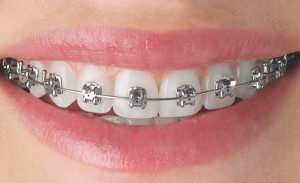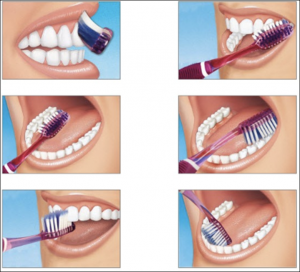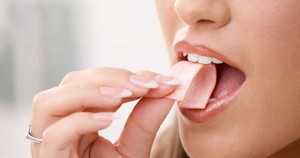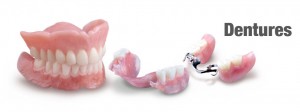Abfraction lesions on teeth are small notches caused by stress (forces) on your teeth. Biting, chewing, clenching and grinding put pressure on your teeth. Over time, this pressure can cause cracks and splits in the outer layer of your teeth near the gum line. Such lesions are fairly common in adults. Older adults are especially likely to have them. They occur more often in the back teeth, called premolars and molars. But they can occur in the front teeth as well and appear as V-shaped or wedge-shaped notches. Abfraction lesions don’t usually hurt but if the deeper layers of the tooth are involved, sensitivity might occur. These lesions do not heal over time. Some may worsen, and if left untreated, can cause the tooth to fracture. In order to prevent this, your dentist might recommend fillings of these lesions. This will not only strengthen the tooth, but also decrease the sensitivity if present.
What are the symptoms of abfraction?
You might first become aware of abfraction when you get food stuck in the wedge or when you flash a big smile. You might even be able to feel it with your tongue.
Abfraction is usually painless, but tooth sensitivity can become a problem, especially where heat and cold are concerned.
You may never develop other signs or symptoms, but if the damage continues, it could lead to:
- worn and shiny facets on the tooth, known as translucency
- chipping of the tooth surface
- loss of enamel or exposed dentin
What causes abfraction?
Abfraction is caused by long-term stress on the teeth. This can happen in a variety of ways, such as:
- bruxing, also known as teeth grinding
- misalignment of the teeth, also called malocculusion
- mineral loss due to acidic or abrasive factors
How is abfraction treated?
The diagnosis can usually be made on clinical examination. Tell your dentist about any health conditions or habits that can affect the teeth. Some examples of this are:
- habitually clenching or grinding your teeth
- eating disorders
- a highly acidic diet
- wrong brushing techniques
- medications that cause dry mouth
Your doctor will recommend treatment based on the severity of your symptoms and whether you have co-existing dental problems. You might also want to consider how it affects your smile and ability to keep your teeth clean.
The damage can’t be reversed, but you can ease tooth sensitivity, improve appearance, and help prevent future damage. Some treatment options are:
- Fillings.
- Nightguard.
- Toothpaste.
- Orthodontics.

